- About us
- Support the Gallery
- Venue hire
- Publications
- Research library
- Organisation chart
- Employment
- Contact us
- Make a booking
- Onsite programs
- Online programs
- School visit information
- Learning resources
- Little Darlings
- Professional learning
Arthur Boyd AC OBE (1920–1999), painter, potter and printmaker, was one of Australia’s greatest artists. Born in Murrumbeena, an outer suburb of Melbourne, Boyd’s mother and father, Doris and Merric, were artists, as were his paternal grandparents, Arthur Merric and Emma Minnie Boyd. He began making paintings as a boy and briefly attended night classes at the National Gallery School in Melbourne, developing a vigorous and expressive style. During the Second World War he was conscripted into the Cartographic Unit of the Australian Army. Although he did not see active service, the war inspired paintings depicting a grotesque and unbalanced world. During a trip to Central Australia in the 1950s he was shocked by the living conditions of Aboriginal people in Alice Springs, which resulted in his controversial series Love, Marriage and Death of a Half-caste. In the 1960s, living mainly in England, Boyd embarked on ambitious cycles of paintings based on biblical and mythological themes in Australian bush settings, and designed theatre costumes and sets. Returning to Australia in the early 1970s, he bought a property on the Shoalhaven River on the south coast of New South Wales, Bundanon, where he continued to paint landscapes. Also known for his philanthropy, Boyd made an immense gift of his own work to the National Gallery of Australia in 1975; in 1993 he generously gifted Bundanon to the Australian people.
Gift of Patrick Corrigan AM 2004. Donated through the Australian Government's Cultural Gifts Program.
© Gregory Weight/Copyright Agency, 2024
Patrick Corrigan AM (130 portraits)



On one level The Companion talks about the most famous and frontline Australians, but on another it tells us about ourselves.

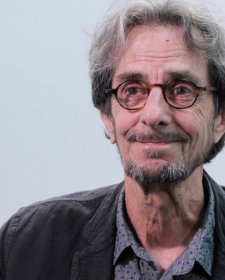
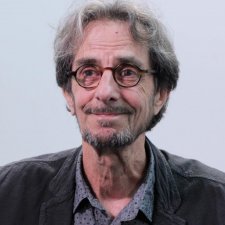
Greg Weight on working with Jiawei Shen, and starting out as a photographer.
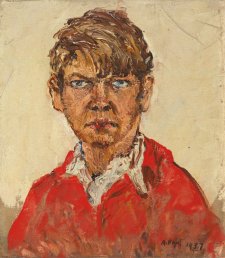
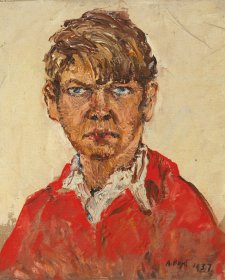
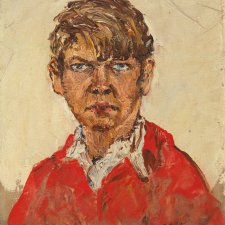
Patrick McCaughey explores a striking Boyd self portrait.